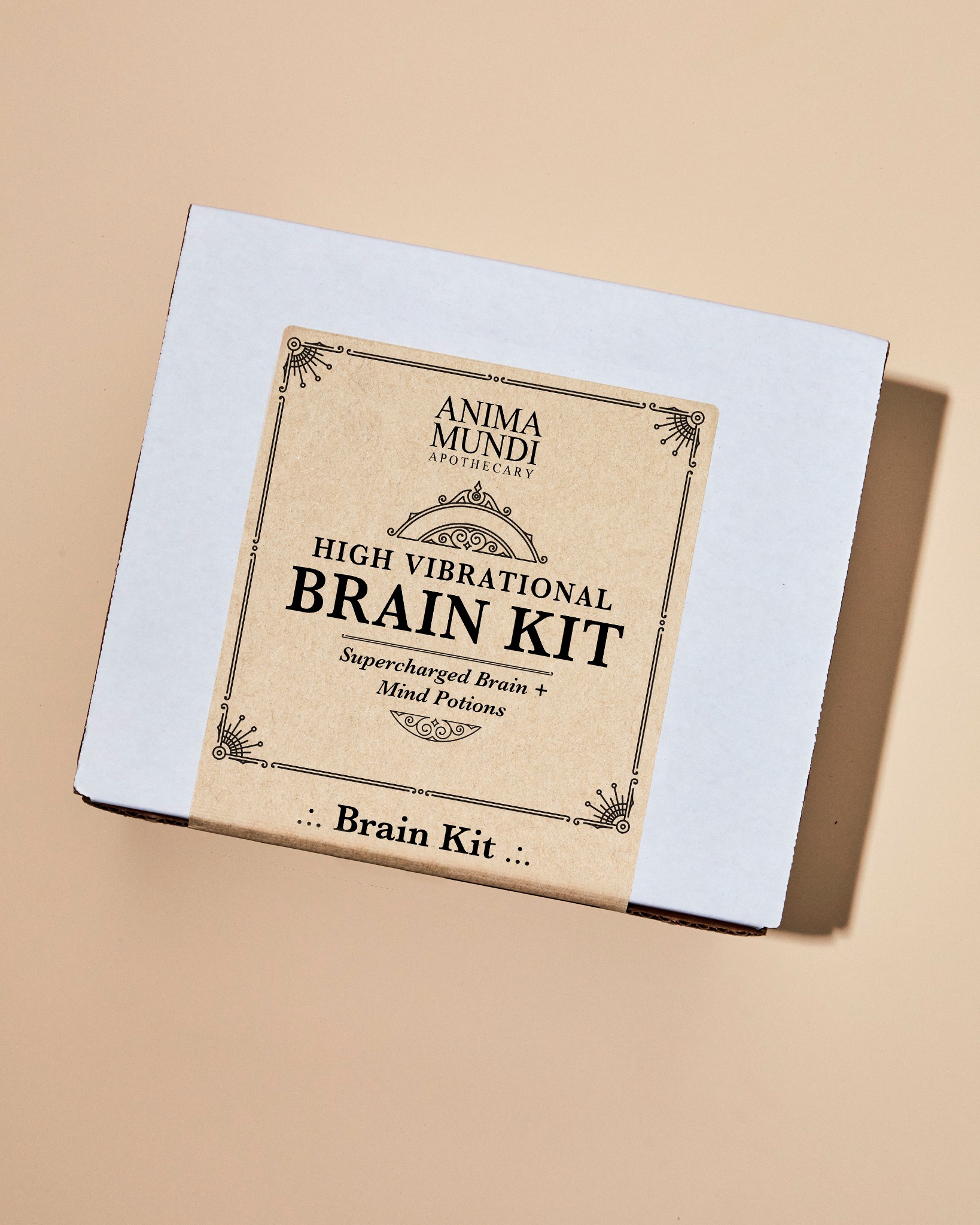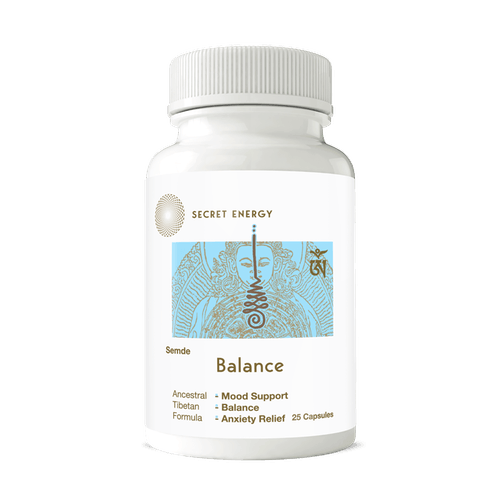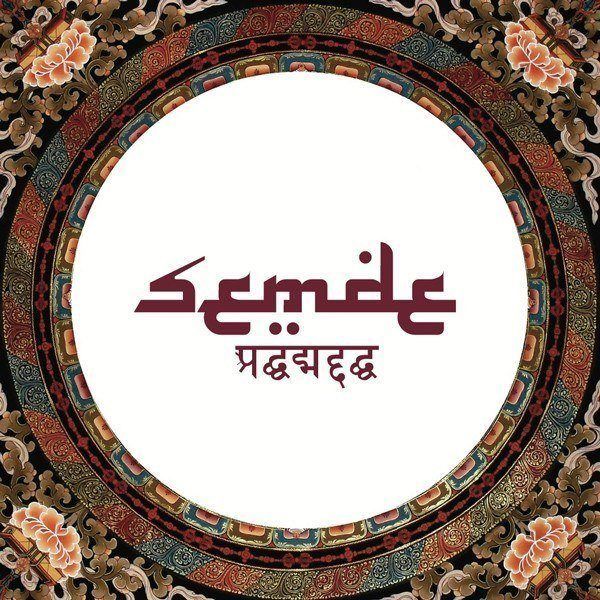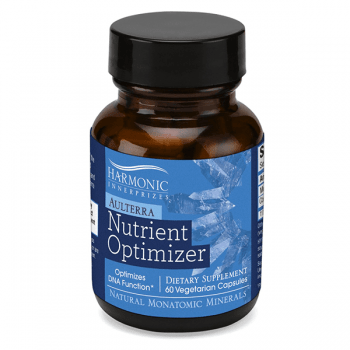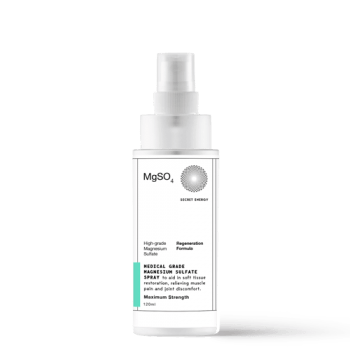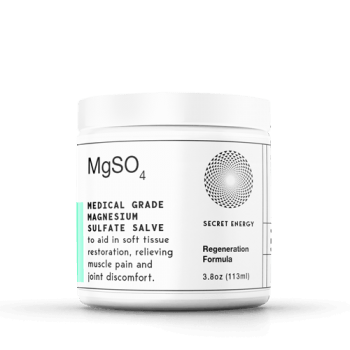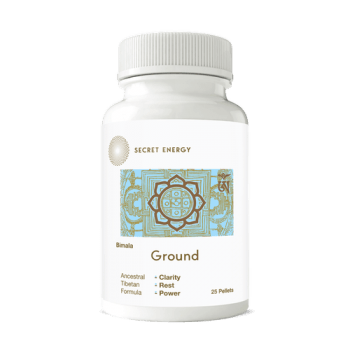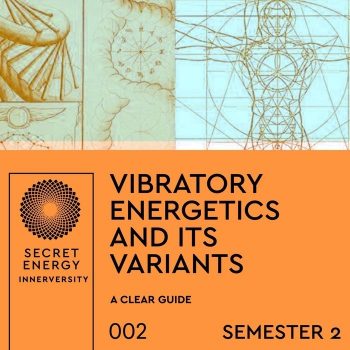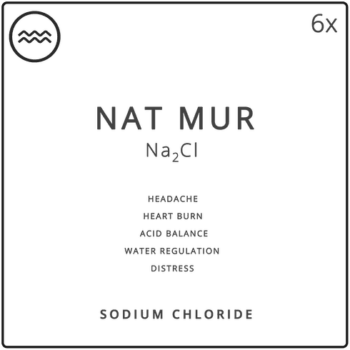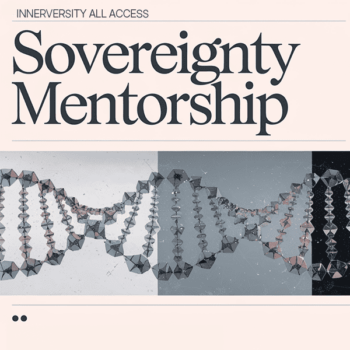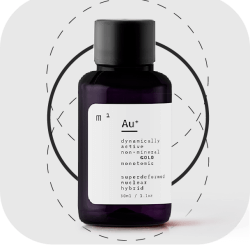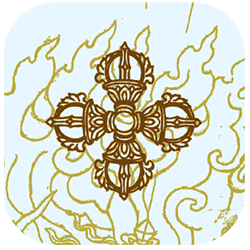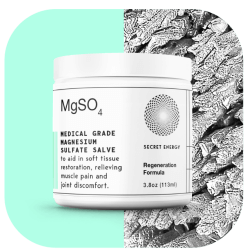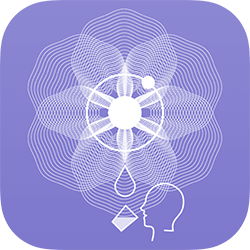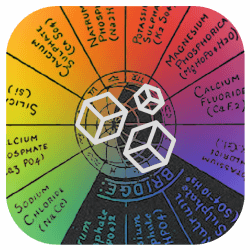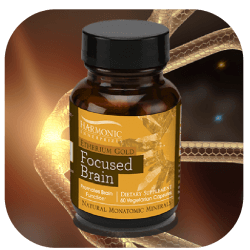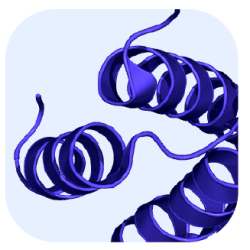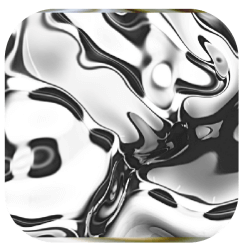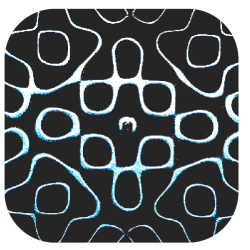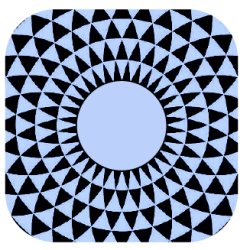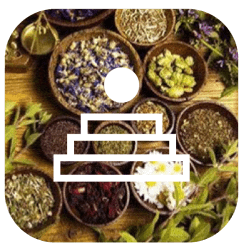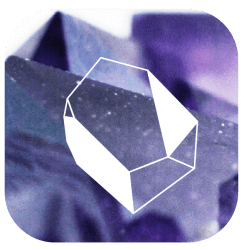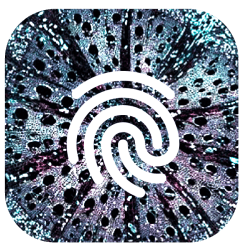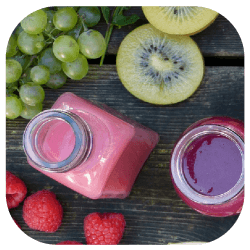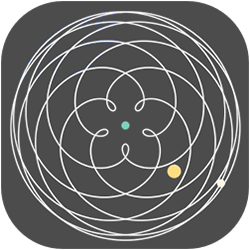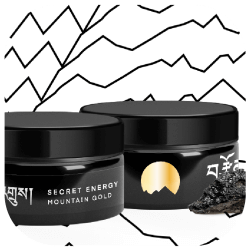“Brain Kit” has been added to your cart.
Semde
Semde is a traditional Tibetan compound (Sem-kyi De-kyid or Sem-de) consists of 18 remedies meant for irritability, lack of concentration, mental dullness, stress, depression and other types of anxiety-related conditions.

Semde
Rediscover Your Inner Harmony and Mental Happiness
In the relentless pace of modern life, finding moments of true peace and mental clarity can feel like a distant dream. Stress accumulates, focus wanes, and a persistent sense of unease can cloud even the brightest days.Semde, whose name translates directly to “mental happiness” or “happiness of the mind” (Sem-kyi De-kyid), is not merely a supplement; it is an invitation to reconnect with your innate sense of balance. Drawing upon a synergistic blend of 18 traditional Tibetan remedies, Semde addresses the subtle energetic imbalances that manifest as irritability, lack of concentration, mental dullness, and stress.
Enhanced Emotional Well-being
Cultivate a naturally positive mood and find relief from persistent feelings of sadness.
Stress Management
Feel better equipped to handle daily stressors with greater composure.
Mental Clarity
Sharpen your concentration and alleviate mental fog.
What is Semde?
Semde is a time-honored herbal compound meticulously crafted over centuries to support your journey towards profound mental well-being. Rooted in the ancient wisdom of the Tibetan highlands, this formula is a living legacy of mind-body balance.Traditionally indicated for imbalances known as “lung” disorders in Tibetan medicine, Semde addresses the root causes of mental and emotional distress rather than just masking symptoms. It helps to restore the smooth flow of vital energy that governs mental processes.
How Semde Restores Balance
Harmonizes the flow of vital energy (lung) that governs mental processes.
Addresses srog-lung, where disturbed energy disrupts the heart-mind connection.
Soothes Liver Qi Stagnation to alleviate irritability and mental agitation.
Strengthens Spleen and Kidney energy to combat fatigue and build resilience.
Key Ingredients

Aquilaria agollocha
Soothes the Liver and smooths the flow of Qi.

Saussurea lappa
Powerful Qi-rectifier that harmonizes energy flow.

Eugenia caryophylla
Provides internal warmth and invigorates digestion.

Mucuna prurita
Nourishes the spirit and promotes calmness.

Myristica fragrans
Supports mental clarity and emotional balance.
Full Ingredients
Aquilaria agollocha
Helps to smooth energy blockages and guide disruptive energy downward.Mucuna prurita
Contains natural L-dopa that nourishes the spirit and promotes calmness.Myristica fragrans
Supports mental clarity and emotional equilibrium.Saussurea lappa
Potent Qi-rectifier that addresses energetic blockages caused by stress.Melia composite
Harmonizes the mind-body connection for greater balance.Ferula jaeschkeana
Supports the smooth flow of vital energy throughout the body.Eugenia caryophylla
Provides internal warmth and strengthens digestive energy.Piper nigrum & longum
Invigorate the body’s core energy systems for greater resilience.Hedychium spicatum
Calms the mind and supports emotional stability.Areca Catechu
Traditional support for mental focus and clarity.Plus additional traditional ingredients including Aconitum spicatum (processed), Black salt, and Molasses to guide and synergize the formula’s actions.
Suggested Use
Take two (2) capsules daily, preferably in the morning on an empty stomach.
Do not exceed three (3) capsules within a 24-hour period.
For enhanced absorption, capsules may be opened and taken directly with warm liquid.
Note: For comprehensive support, Semde is often paired with Agar 35. Take Semde in the morning and Agar 35 in the evening before bed.
✅Organic & Wild-Crafted
✅Traditional Tibetan Formula
✅Sustainably Harvested
What Our Customers Say
“I’m a customer for life. These are rare and precious herbs of unmatched quality that you simply cannot find elsewhere.”
— M.B.
“Extremely helpful in restoring an emotional balance, especially during demanding times and spiritual practice.”
— M.W., Switzerland
“I notice my concentration has improved significantly since taking Semde regularly.”
— Anonymous User
Frequently Asked Questions
How quickly will I feel the effects of Semde?
According to Tibetan doctors, many patients experience a good mood just a few days, often in hours, after taking Semde. Individual responses may vary.
Can I take Semde with other supplements?
Semde is traditionally paired with Agar 35 for comprehensive support. Consult with a healthcare professional if you’re taking medications or other supplements.
Is Semde suitable for daily use?
Yes, many people use Semde to manage stress on a daily basis and find that their overall quality of life increases. Follow the recommended dosage of 2 capsules daily.
Traditional Understanding
In Tibetan medicine, Semde directly targets imbalances in lung (vital wind/energy), specifically srog-lung, where the “life-wind” within the central channel becomes agitated due to stress.Through the lens of Chinese Medicine, the formula addresses patterns involving Liver Qi Stagnation counterflowing upwards, often complicated by Spleen Qi and Kidney Yang Vacuity.This holistic approach calms agitated energy, strengthens the body’s foundational reserves depleted by stress, and nourishes the spirit, creating a synergistic effect.
Who Is Semde For?
- Busy Professionals seeking better stress management and mental clarity
- Individuals experiencing irritability, lack of concentration, or mild anxiety
- Those Recovering from overwhelming periods of stress or burnout
- Spiritual Practitioners wanting to cultivate a more centered state of mind
Lifestyle & Integration Tips
Morning Ritual: Take Semde first thing in the morning before breakfast with warm water.
Evening Support: Pair with Agar 35 in the evening for comprehensive day/night balance.
Mindfulness Practice: Enhance Semde’s effects by incorporating brief meditation sessions.
Stress Reduction: Integrate gentle movement practices like yoga or qigong for synergistic benefits.
Disclaimer: This dietary supplement has not been evaluated by the FDA.
Not intended to diagnose, treat, cure, or prevent any disease. Consult with a healthcare professional if you have pre-existing conditions.






